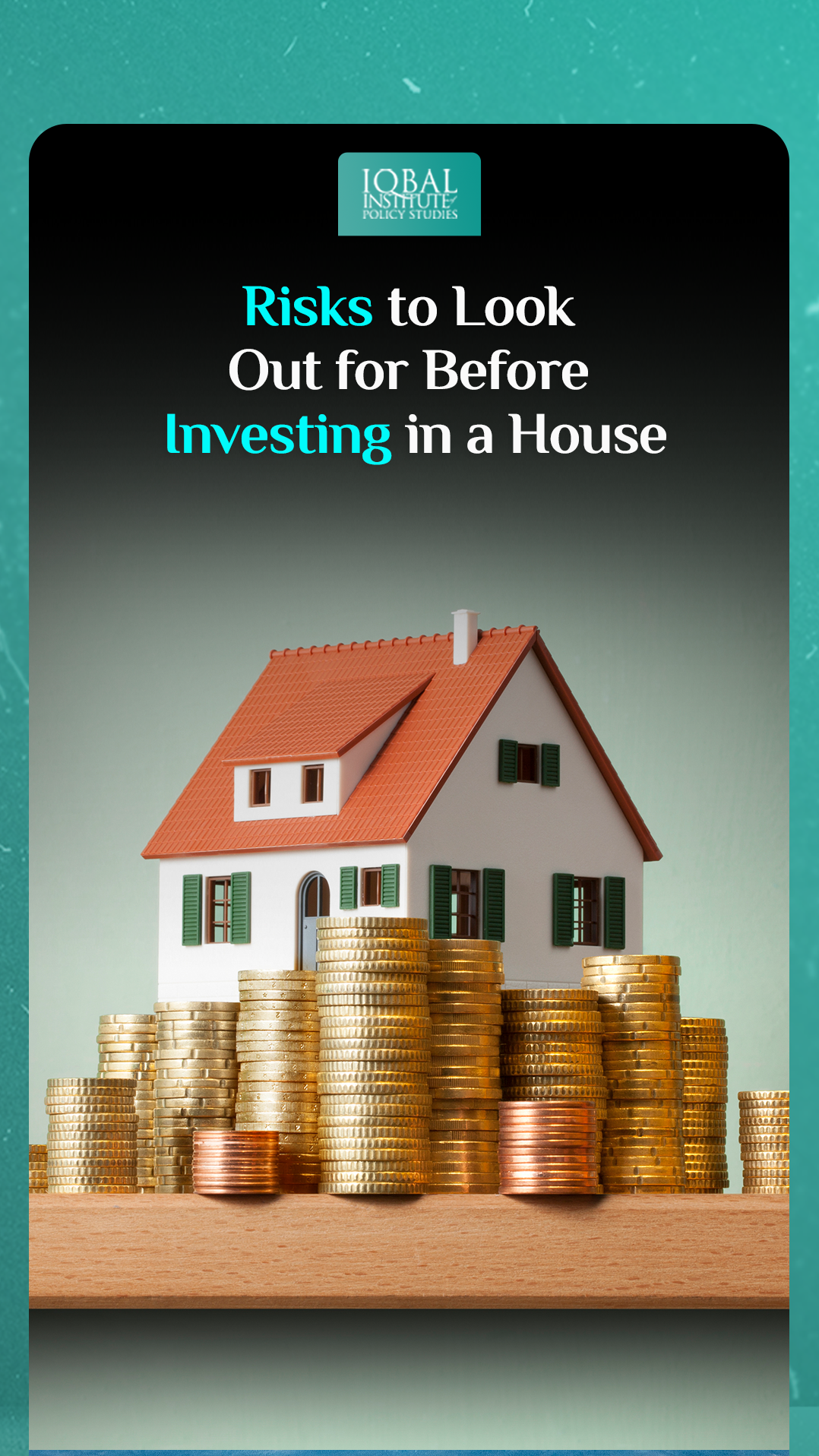Traditionally, real estate is considered a safe investment as it is risk-free, and the prices usually go up with time, providing a hedge against inflation. |It still has certain risks, and investors should look for them before investing in real estate to minimise losses. Some of them are discussed below:
Risk of Unfavourable Tenants
A lot of people invest in real estate to get cash flow in the form of rental payments. It is an assumption that the investor will always find a good tenant, but many problems also come with the tenants. They may not pay up on time, and they may damage the property or create illegal hassles that the owner has to deal with. The owner has to take all the risks before renting out the property and could face a significant amount of loss. Hence, it is a huge risk to look out for and to mitigate the risk, and the landlords must check the previous records of the tenant. Moreover, they should discuss the policies beforehand to avoid any future confusion
Liquidity risks
Real estate investments have much less liquidity compared to other investments. A real estate property is a huge asset worth a lot of money. Therefore, if a real estate investor wants to sell his property or exit, it will take a long time to sell as there is no ready market where transactions are done within minutes. Only a few buyers are willing to make such huge transactions. The investor must keep this risk in mind before investing in a house. Considering the liquidity risk, the investor can make an informed decision according to his needs.
Counter-Party Risks
Many real estate investors look for unfinished properties as they are generally cheaper and can be customised according to their needs. However, buying an under-construction house is risky as investors may need help to get the necessary permissions, and projects may get delayed. Due to this delay, the investor or the buyer faces losses as the house may not be completed in the designated or expected time. As a result, real estate investments are prone to counter-party risks, and to mitigate this risk, investors must have backup plans. Buffer time must be added to the schedule before investment in a house to compensate for delays.
Information Risks
Up-to-date and accurate information is readily available for investments such as gold, bonds and stocks, but the market is extremely opaque for real estate. The investor can make informed decisions if the information and data are available. Still, in the real estate sector, the data is usually just available from local brokers who have their self-interest. Hence, their information may need to be more accurate and reliable. It is a huge risk as the ongoing prices are mostly changing. To reduce the risk, online real estate portals are useful, and investors must have multiple sources of information to get a valid price. Moreover, reliable real estate agents can be hired for accurate information.
Conclusion
Investing in a house is usually a long-term and one-time investment. Real estate is one of the most flourishing sectors globally. However, there are a few risks in every business. Risks in buying a house are inevitable at one point or another, and they can only be mitigated through proper research and market analysis. The person engaged in the real estate sector has to be aware of such risks before committing to a huge investment. The above-mentioned risks can help a person make informed decisions and minimise potential losses.



Leave a Reply